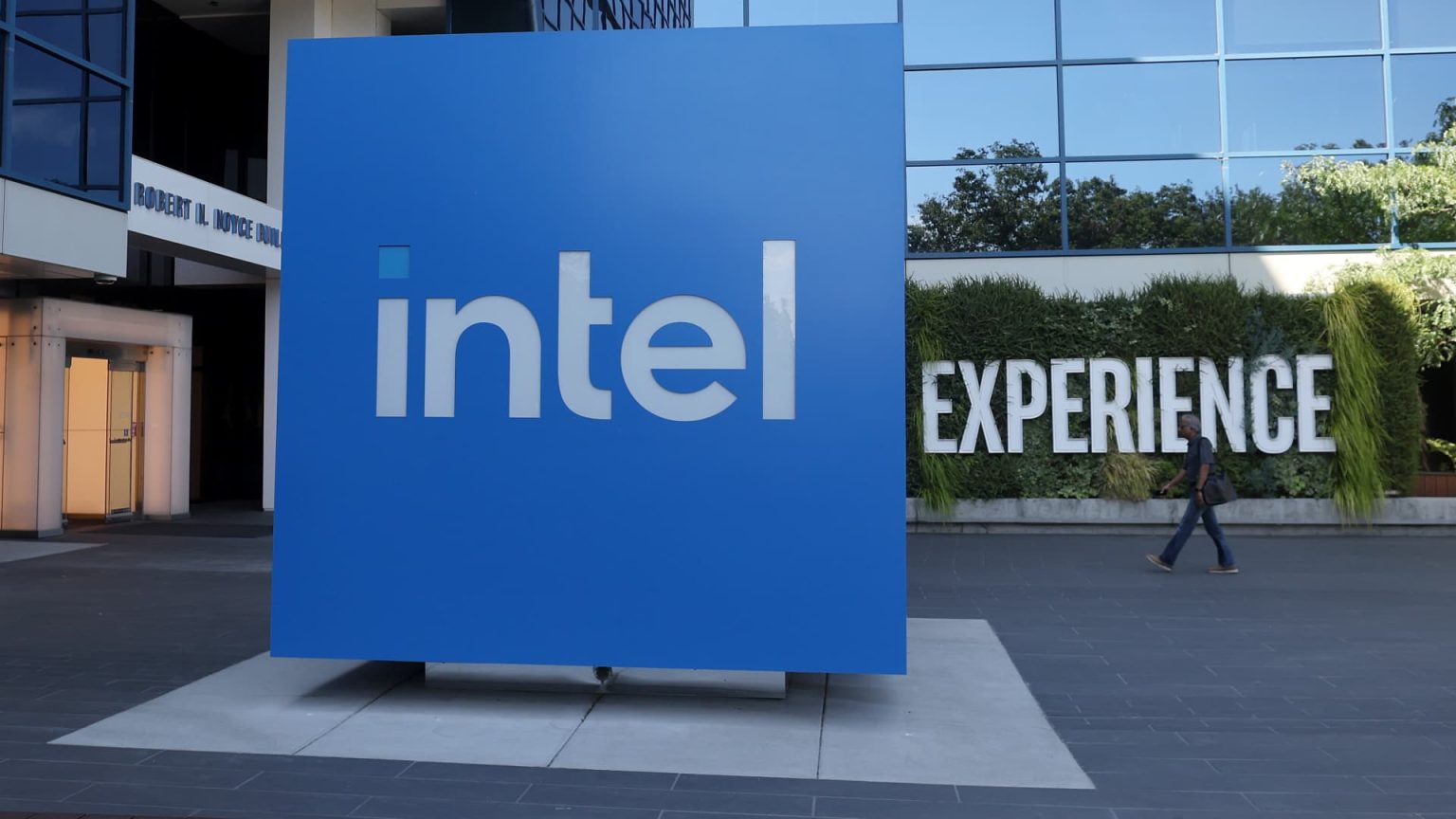Intel is currently working with advisors, including Morgan Stanley, to defend itself against potential activist investors as CEO Pat Gelsinger tries to turn around the struggling chipmaker. While Intel has faced activist pressure in the past, no new campaign has been formally launched and it’s unclear if an activist investor has been in contact with the company’s board. Morgan Stanley has previously worked with Intel, such as during the company’s 2022 spinoff of Mobileye. Representatives for Intel and Morgan Stanley declined to comment on the matter.
Last year, Intel lost its title as the largest U.S. chipmaker by revenue to Nvidia, whose booming artificial intelligence business has lifted it to the top position. Nvidia has long surpassed Intel in terms of market cap and is now valued at over $3 trillion, making it approximately 35 times larger than Intel. Intel has also fallen behind competitors such as Advanced Micro Devices, Broadcom, Qualcomm, and Texas Instruments in terms of market cap. To address its struggles, Intel announced plans to cut about 15% of its workforce, or 15,000 jobs, as part of a $10 billion cost-reduction initiative. Additionally, the company reported quarterly results that missed Wall Street estimates and stated that it would not pay a dividend in the fiscal fourth quarter.
One of Intel’s biggest challenges has been falling behind in the AI battle, as major cloud vendors and developers of large language models have turned to Nvidia’s GPUs for demanding workloads. Intel missed out on much of the smartphone boom prior to the AI trend as well. Before Gelsinger became CEO, Dan Loeb’s Third Point acquired a significant stake in Intel in 2020 and urged the company to explore strategic options to address its declining market share. Intel’s board is chaired by Frank Yeary, a prominent investment banker who previously served as executive chairman of Camberview before its acquisition in 2018. Recently, Lip-Bu Tan, a veteran of the semiconductor industry, announced his decision to step down as a director after just two years, citing a need to reprioritize commitments while expressing continued support for the company.
The current situation at Intel highlights the pressure the company is facing from activist investors and its efforts to regain its competitiveness in the market. As Intel works with advisors like Morgan Stanley to navigate these challenges, CEO Pat Gelsinger is focused on implementing changes to improve the company’s performance. With Nvidia’s dominance in AI and other competitors surpassing Intel in market cap, the chipmaker is working on a cost-reduction plan and restructuring efforts to address its financial struggles. Despite the uncertainty surrounding potential activist campaigns, Intel continues to make strategic moves to position itself for future growth and success.
The departure of board member Lip-Bu Tan adds to the recent developments within Intel’s leadership team, signaling a need for realignment of priorities amidst the company’s transformation efforts. As Intel faces increasing shareholder scrutiny and market pressures, it remains crucial for the company to effectively address its competitive challenges and forge a path towards long-term sustainability and growth. Through collaboration with experienced advisors and strategic decision-making, Intel aims to navigate its current obstacles and emerge as a stronger player in the evolving semiconductor industry.













